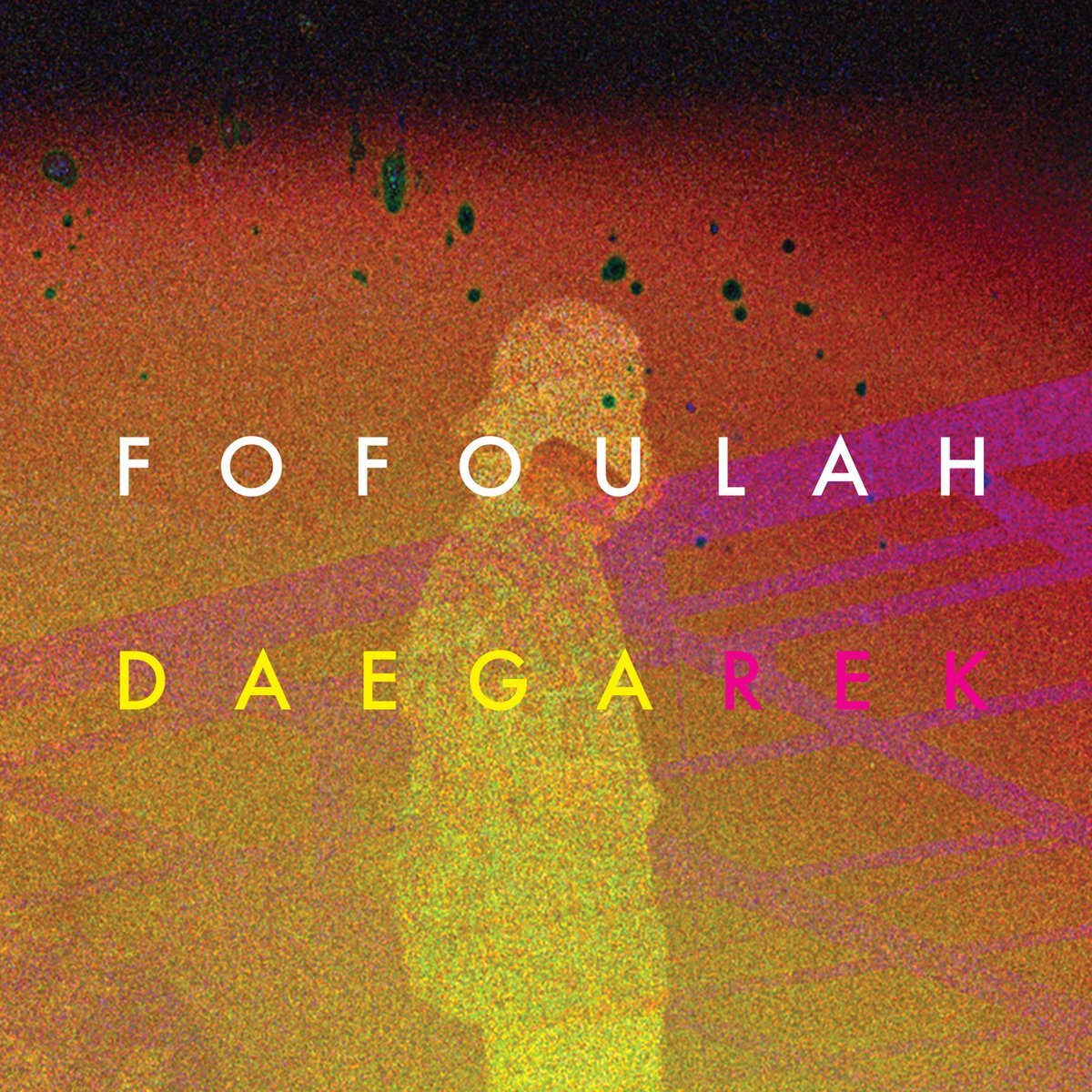No matter what your final verdict on Daega Rek is, (Fofoulah’s new album released by Glitterbeat Records), what you can’t deny is its originality and unorthodoxy. The second work from the London-based band is more than able to bewilder, confuse and stupefy its listeners thanks to its unrestrained approach, but that’s almost inevitable when you choose to title it “the truth”.
As we are experiencing on a daily basis, truth is becoming more fluid and dazing, and amazing people; Fofoulah decided to emulate and stimulate what truth is. To do that, they made extensive use of their musical qualities, the ones they fine-tuned throughout their career which started back in 2014 with their eponymous debut album.
They retraced Kaw Secka’s Wolof roots, employing elusive vocal parts and tossing and turning sabar rhythms, reinforced by Dave Smith on the
drums. They brought back their deeply ingrained shadowy urban arrangements, a trademark of keyboard/synth and sax player Tom Challenger, and they kept on digging into the shadowy electro-dub depth with Johnny Brierle’s bass lines and Phil Stevenson guitar chords.
Entrancing, hypnotizing, but also unpredictable and electrifying, Daega Rek adds the suffixes ‘post’ and ‘dark’ to the band’s Afro-futuristic vision. With themes ranging (and raging) from human relationships (‘Seye’), to familiar bonds (‘Chebou Jaine’), and from authorities and their responsibilities (‘Njite’). to the Grenfell Tower tragedy (‘Kaddy’), Fofoulah’s new album shifts into a more erratic and gloomy territory than its predecessor. It looks like the five-year interval between the two LPs has polluted the sound of the band contaminating their harmonies.
However, after these five years, we are talking again about a striking piece of work. Daega Rek is indeed a glaring sign of its time; corrupted and frantic. The most indicative examples are arguably the aforementioned ‘Kaddy’ (dedicated to the memory of the photographer Khadija Saye, who died in the fire), which is indeed a jarring cry of anguish, and the title track, which throws itself into an investigation over the deceptive meaning of truth. Just like truth, Fofoulah’s sound deceives its listeners, hardly giving away any references, but twisting and turning to express in the best possible way in the surrounding cultural climate.


